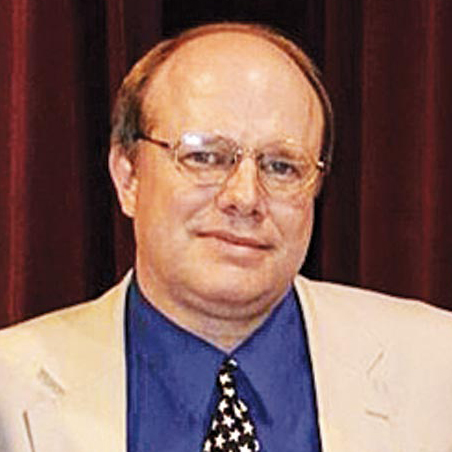The Practical Lawyer
July 18-24, 2016
Just because you can doesn’t mean you should
By Ethan C. Nobles
U.S. Supreme Court Justice Ruth Bader Ginsburg has gone on the record for criticizing presumptive Republican Presidential Nominee Donald Trump.
She told the New York Times that she just couldn’t imagine “what the country could be” with Trump as president. She also expressed concern about the justices that Trump would support. For the record, the next president may be in a position to appoint up to four Supreme Court justices and that includes the unfilled spot of Antonin Scalia who died in February.
Ginsburg also labelled Trump “a faker” in a CNN interview. Trump responded to that interview by suggesting that Ginsburg should resign.
A good question here is whether Ginsburg has violated any ethical rules by openly wading into the political realm. The Code of Conduct for U.S. Judges says judges should not “make speeches for a political candidate, or publicly endorse or oppose a candidate for public office” or “engage in any other political activity.”
That code, however, does not apply to Supreme Court justices. So, Ginsburg is in the clear there.
However, the very reason the aforementioned Code exists is to reinforce the notion that the judicial system should be free of political considerations. That the law will be applied fairly to all citizens and that justices are free of political influence when out dispensing justice.
In that regard, it is a terrible idea for a Supreme Court justice to openly criticize someone running for president. Justices ought to avoid endorsing candidates either (Ginsburg didn’t do that, at least, but she did come a time or two during her interviews).
Here’s the thing – the judicial system ought to be as politically neutral as possible. That is the reason that we no longer have judges declare themselves to be Democrats or Republicans in Arkansas – the notion that judges will side with either party when applying the law does nothing but taint the process.
In Ginsburg’s case, we know for a fact that Trump will advocate a number of things that – if made law – will be subject to judicial review. Let’s say, for example, Trump is elected and is successful in putting a moratorium on immigrants who come from nations reputed to be in the business of training terrorists.
Such a policy would clearly be challenged in the judicial system. If the ban was struck down before the Supreme Court, might Trump and those who support him claim the decision was politically motivated based, in part, on Ginsburg’s clear dislike for the candidate?
Furthermore, what does the public think if the justice system has a reputation for being another institution guided by the whims of the Democrats or Republicans who have majority control? In short, can the judicial system function properly if the public doesn’t perceive it as politically neutral when it comes to applying the law?
While Ginsburg hasn’t broken the law, she made a mistake in bashing Trump. Justices should avoid wading into the political realm, period, as the judicial system should be neutral and treat us all equally.
Ethan C. Nobles is an attorney in Benton focusing on real estate, evictions, contracts, wills, trusts, incorporations, bankruptcy and other areas of law as the mood strikes. You can reach him at Ethan@NoblesLawFirm.com or visit him on the Internet at NoblesLawFirm.com



